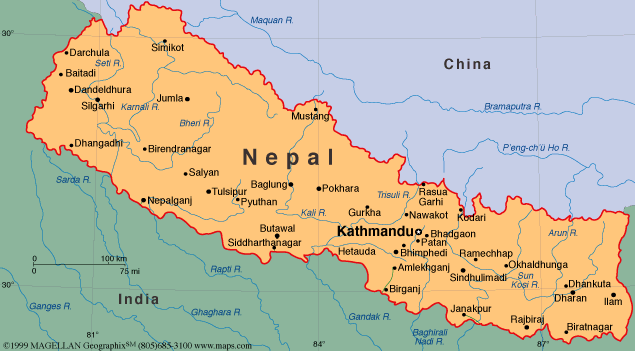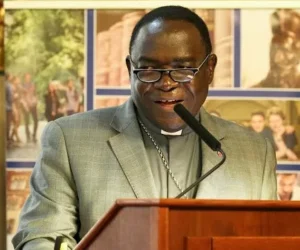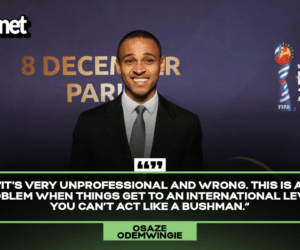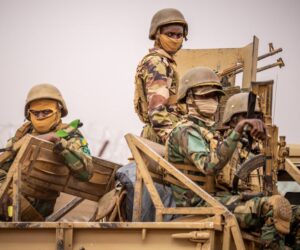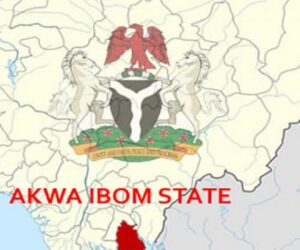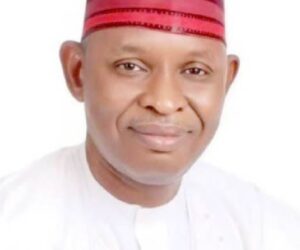The Prime Minister of Nepal, KP Sharma Oli, has been forced to step down as demonstrators defied the curfew imposed on Monday and took to the streets for a second day of protest.
The prime minister’s resignation, alongside several other lawmakers, comes a day after the police opened fire on crowds of young demonstrators outside the parliament building in Kathmandu, the country’s capital.
“In view of the adverse situation in the country, I have resigned effective today to facilitate the solution to the problem and to help resolve it politically in accordance with the constitution,” Mr Oli said in his resignation letter, according to Reuters.
PREMIUM TIMES reported on Monday that the attack by security forces on protesters left at least 19 people dead and over 100 others injured.
Tension in the country has since escalated, as protesters defy the curfew imposed by authorities.
Thousands of Nepali youth stormed the federal parliament building on Tuesday and set it ablaze.
Car tyres were burned in the streets of Kathmandu, and riot police were stoned.
The protesters called for the resignation of Mr Oli as they also set his house on fire alongside the homes of other ministers.
One of the protesters, Raksha Bam, was quoted as saying, “The social media ban was not the only agenda of the Gen Z movement. The corruption that has permeated every level of the country must end.
“But instead of stopping that corruption, they shut down the civic space of our generation. That is why Gen Z gathered in one place.”
According to The Guardian, the prime minister resigned on Monday night over the killing of protesters.
The announcement of his resignation is expected to reduce the tension and cheer the protesters.
The protest was triggered by the government’s ban on social media and a perceived lack of action against corruption.
Last week, the Nepali government blocked 26 social media platforms, including Facebook, WhatsApp, Instagram, LinkedIn, and YouTube, for failing to register locally.
The ban took effect on 4 September, a day after the deadline the Nepali government had given social media companies to register locally with the Ministry of Communications and Information Technology.
The Nepali government had instructed the platforms to appoint a local contact, a grievance handler, and a person responsible for self-regulation to avoid being shut down in the country.
The policy caused major disruptions for Nepali citizens, as 7.5 per cent of the population lives abroad and many rely on social media to stay in touch with family and friends working overseas as migrant workers.
Also, protesters complained about the lack of prosecutions and the improper resolution of corruption cases involving public officials.
To curtail the protest, the Kathmandu District Administration Office, on Monday, imposed an indefinite curfew around the parliament, the government secretariat, the presidential house, and key parts of the city after the shooting.
By Tuesday, however, tens of thousands of protesters returned to the streets of Kathmandu and other smaller cities.
This time, they protested against the use of force by police, the ban on social media, and government corruption.
The police also continued to fire teargas and use batons on protesters.
The Asian country is witnessing its most significant protest and unrest in decades.
READ ALSO: Group laments Nigeria’s rising debt burden, calls for preventive mechanism
In a post on X, the Nepali army appealed to the protesting youths to “exercise restraint,” disclosing that Mr Oli has tendered a resignation letter which has now been accepted.
The 73-year-old Mr Oli was sworn in for his fourth term in July 2024, becoming the country’s 14th head of government since the abolition of the monarchy in 2008.
He was first elected by the parliament as prime minister in October 2015, following the resignation of his predecessor, Sushil Koirala.

